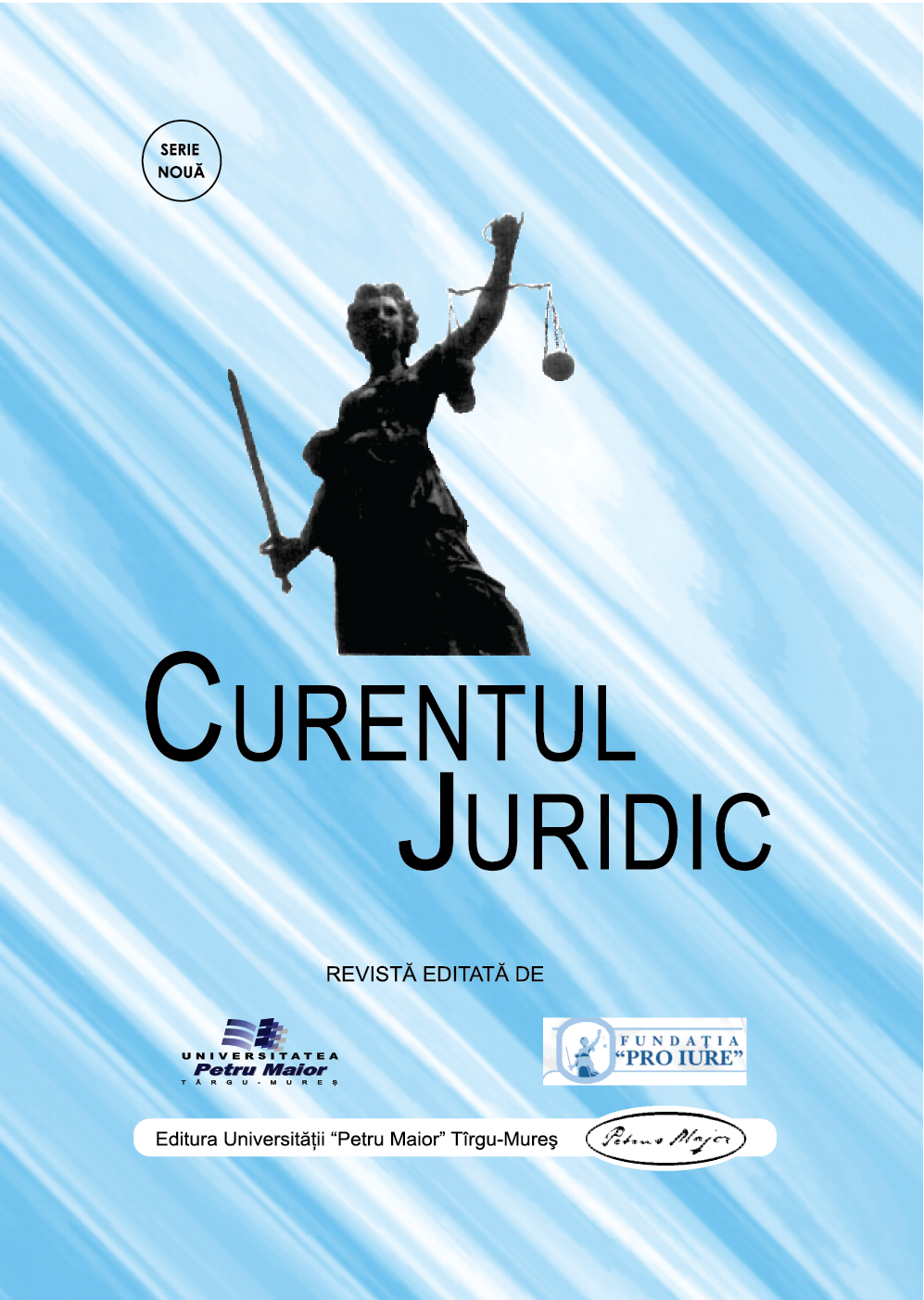WATER FOR EVERYONE OR FOR WHO CAN PAY FOR IT?
CONTOURS AND DIFFICUTIES OF ACCESS TO WATER
AS A FUNDAMENTAL HUMAN RIGHT
WATER FOR EVERYONE OR FOR WHO CAN PAY FOR IT?
CONTOURS AND DIFFICUTIES OF ACCESS TO WATER
AS A FUNDAMENTAL HUMAN RIGHT
Author(s): Laryssa de Almeida DonatoSubject(s): Law, Constitution, Jurisprudence, Human Rights and Humanitarian Law
Published by: Editura University Press, Universitatea de Medicina, Farmacie, Stiinte si Tehnologie “George Emil Palade” din Targu Mures
Keywords: Water; Human Right; Fundamental Right; Democracy; Development;
Summary/Abstract: The presented study has the main objective to analyze the demographic process of distribution and access to water in the situation of drought at Campina Grande - PB. The Water as a basic human right is essential for the achievement of many rights, being necessary the recognition and the normativity of the fundamental right. In regard to the content of the General Comment NO. 15/2003 of the Committee on Economic, Social and Cultural Rights (CESCR), whose protection, following the Universal Declaration of Water Rights constitutes a legal obligation for all men or social groups that make use it. The access to water is recognized as an economic right of the development that does not only involve the satisfaction of today’s demands, but also the demands from future generations. The quantity of water is influenced not only by the population growth or by migration flows, but also by the increase of agricultural or industrial production. Undoubtedly, there is a concern with the management of water resources. The binomial availability and management of water resources requires that all national federal entities, implement the access to water as an economic right of the development, and this requires a study of the theories of development. With the Federal Constitution of 1988, the water resources began to receive a more specific treatment as public good, common and finite, turning the water management into an essential element for an effective urban management. The methodology of the research bearing in mind to fulfill the expectations is exploratory and descriptive, with an analytical approach of quantitative and qualitative data; the non-participant observation and the semi structured interview were used as tools for the collection of data; for the analyses of data will be used the analysis of content. The analyses of the results determine that the lack of access to water demands the implementation of public policies, so that the supply may be provided in an equally and democratic way so the population do not feel constantly threatened by water scarcity. In this regard, the study amplifies the debate on the violation of the fundamental human right to drinking water, which is so essential for human life.
Journal: Curentul Juridic
- Issue Year: 83/2020
- Issue No: 4
- Page Range: 113-134
- Page Count: 22
- Language: English

